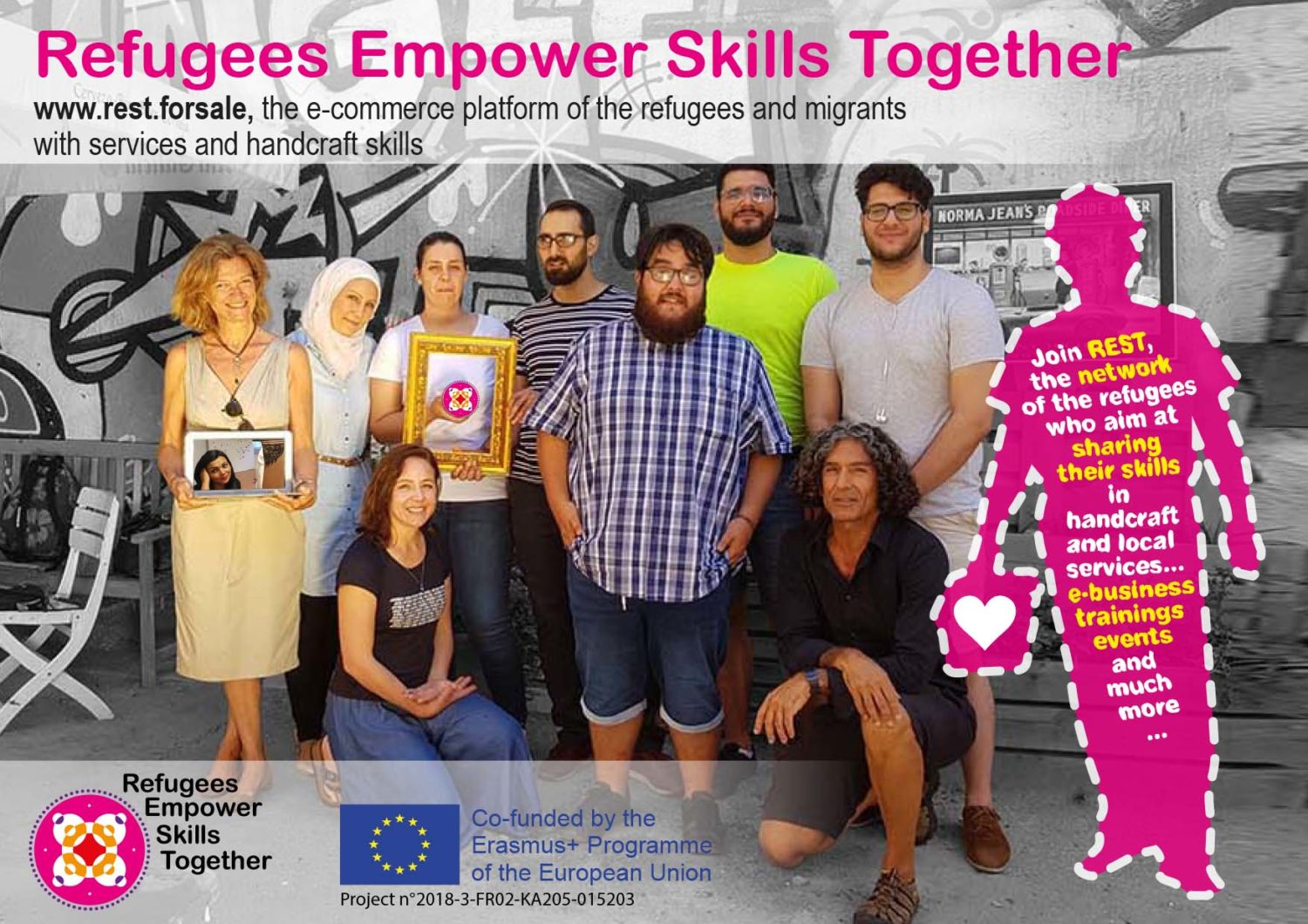Migrants to a new homeland face significant adaptation and communication challenges. Information communication technologies (ICTs) are obvious tools to bridge these challenges. In this paper it is investigated how migrants’ communication practices shape their use of email and the Internet as part of their settlement process, and consequently, their inclusion in and contribution to the community, economy, and society.
The study showed that the use of computer-mediated communication (CMC) was influenced by migrants’ preferred cultural communication practices in some instances, but not in others. CMC enabled migrants to make sense of their immigration/adaptation experience, as well as manage daily living, thus negating earlier research that “problematizes” migrants with respect to technology use and adaptation. Yet, this empowerment did not necessarily facilitate intercultural communication or cultural inclusion. Further, both inter- and intra-cultural communication differences emerged, especially in relation to trust and emotion, and in differences between CMC and face-to-face communication: ICTs are not neutral tools for communication. Yet, migrants valued CMC as a tool for long term economic integration with potential widespread results for success in the host society. The outcomes of the study indicate the need to research cultural groups both separately and within, and the need to explore migrants’ economic and social contributions to the receiving society through ICT uptake.
